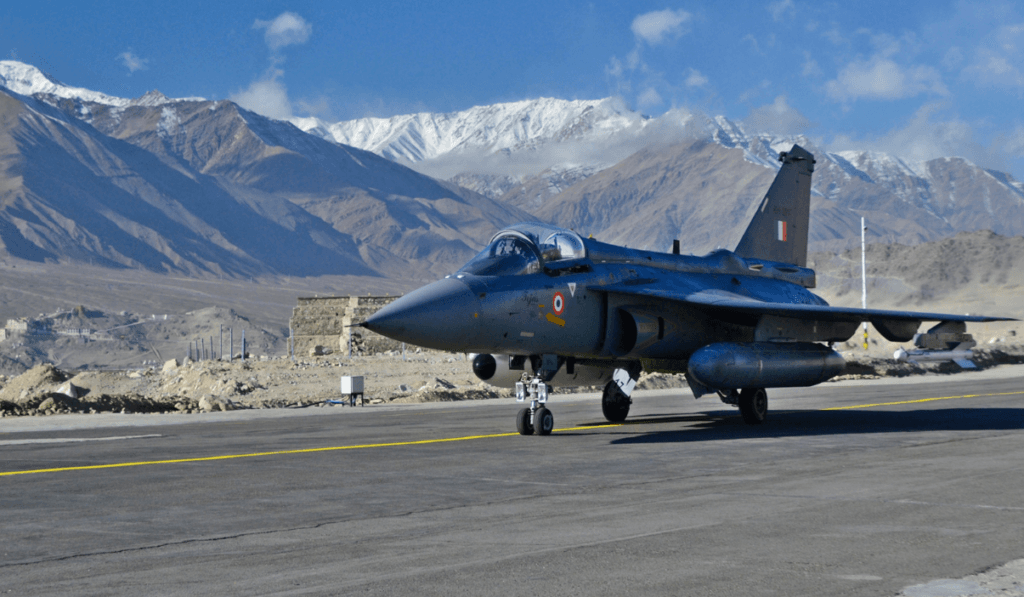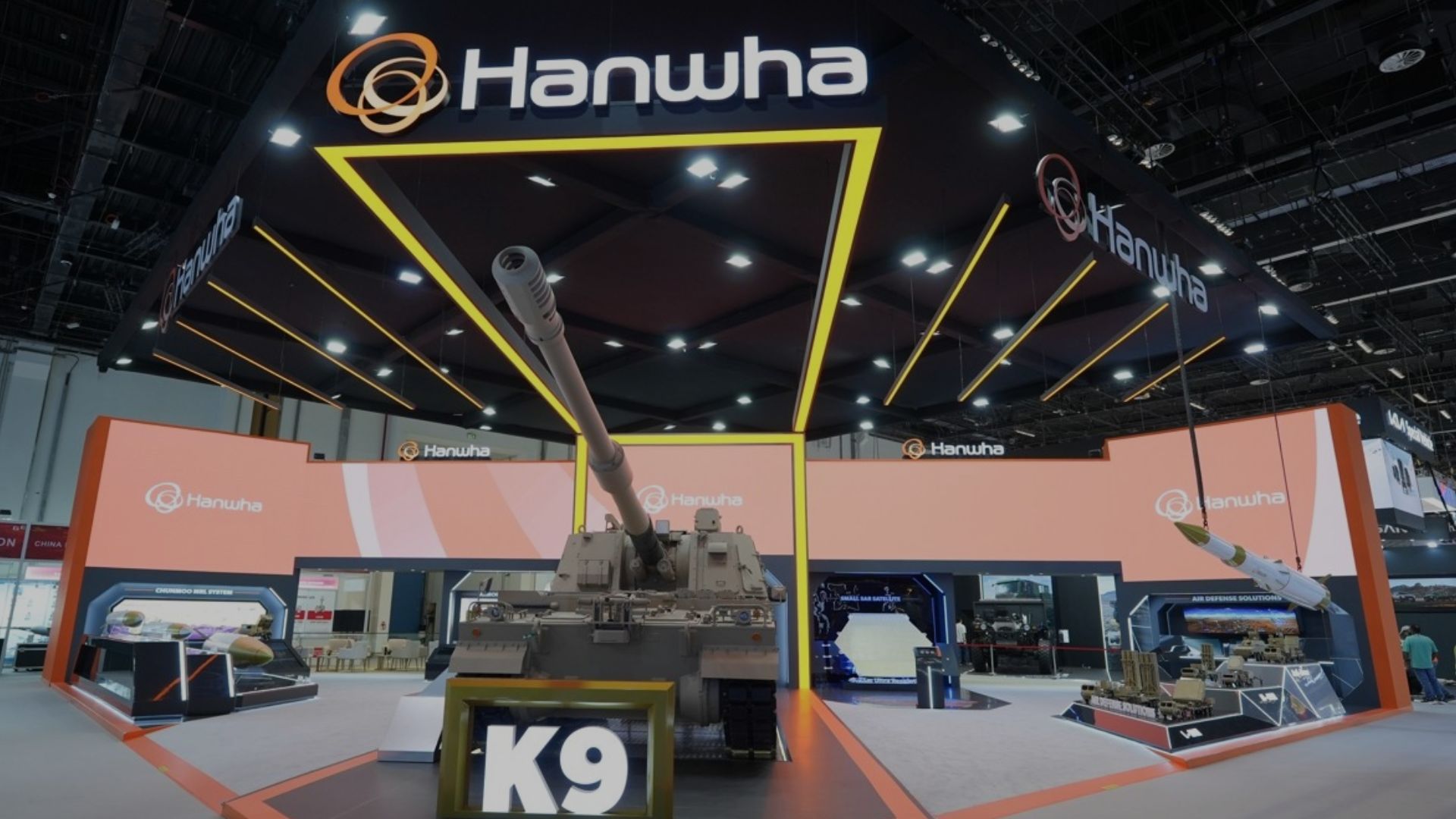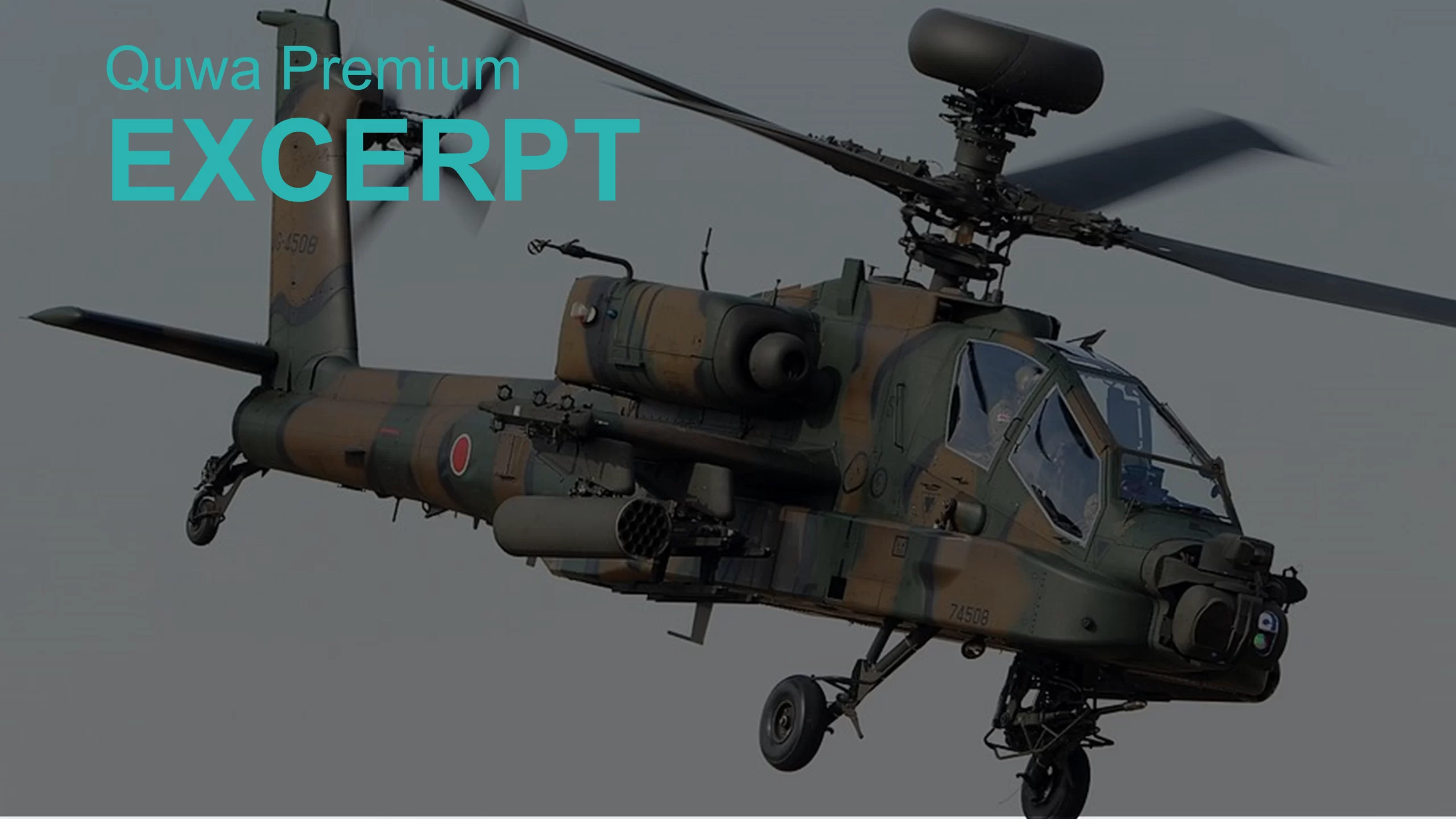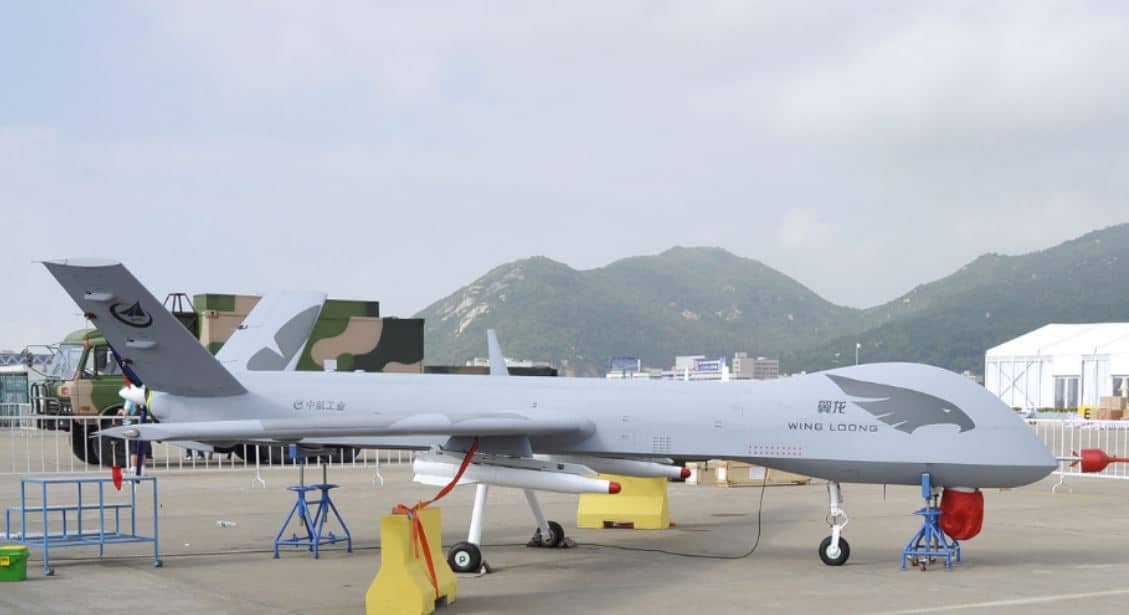The Indian Navy has determined that the envisaged naval variant of the Hindustan Aeronautics Limited (HAL) Tejas is not yet adequate for carrier operations (Times of India).
India’s Chief of Naval Staff Admiral Sunil Lanba noted that the Naval Tejas’ thrust-to-weight ratio was not sufficient (when fully fueled and armed) for carrier take-off.
Admiral Lanba added that with the forthcoming addition of the INS Vikrant, India’s first locally designed and built aircraft carrier (40,000-tons), the Indian Navy will require another carrier-borne fighter to join its MiG-29K fleet in the “next five to six years.”
In early November, the Government of India issued a $7.5 billion U.S. order for 83 HAL Tejas fighters for the Indian Air Force (IAF), which, in turn, also began seeking a new medium-weight single-engine fighter.
India’s Gas Turbine Research Establishment (GRTE) will also be receiving support from Safran Group to complete the development of the Kaveri turbofan with the aim of having it power the Tejas by 2020.
Notes & Comments:
In May 2016, the Business Standard reported that HAL had been testing a Naval Tejas prototype using a ‘ski-jump’-like runway in Goa. In its clean configuration, the Tejas could take-off successfully. The director of the Aeronautical Development Agency (ADA) Commodore (retired) C.D. Balaji stated that the Tejas is, design wise at least, capable of ski-jump launches.
The Indian Navy’s concern with the Naval Tejas appears to stem from the Tejas’ inability to replicate that capability while fully armed and fuelled.
The INS Vikrant will use a short take-off but arrested recovery (STOBAR) launch system. The ski-jump runway necessitates a high thrust-to-weight ratio for successful take-offs. However, a STOBAR carrier is also simpler and more affordable to construct in comparison to an aircraft carrier using a catapult-assisted take-off but with arrested recovery (CATOBAR) system.
Although it is unlikely now that the Naval Tejas will be used from the INS Vikrant, the India Navy did not outright dismiss the program. Admiral Lanba said that the Indian Navy will “continue to support Defence Research and Development Organization (DRDO), HAL and ADA.”
The Naval Tejas, particularly the Mk. 2 variant (which could use a more powerful turbofan), could find its way to the INS Vishal, a larger Vikrant-class carrier with a CATOBAR launch system. A fully equipped Tejas should have less trouble operating from a CATOBAR carrier (with assisted take-off) than STOBAR.
However, the Vishal is not a short-term factor in that it falls beyond the Indian Navy’s five to six-year scope for a second carrier-borne fighter (for the Vikrant). In this respect, the Dassault Rafale, Boeing F/A-18E/F Super Hornet, and late-model Fulcrum could be India’s main options.
Dassault and Boeing have both built work-sharing partnerships with key Indian defence industry players (via offset clauses), which should position them as the leading competitors for the Indian Navy’s fighter requirements. For example, both sides can make the case that a fighter sale would be a matter of simply expanding upon existing partnerships, especially Dassault, which has been contracted to supply 36 Rafales to the IAF.




